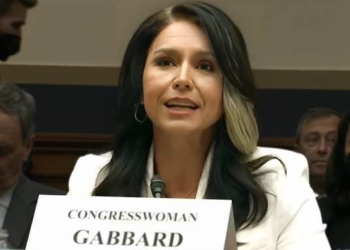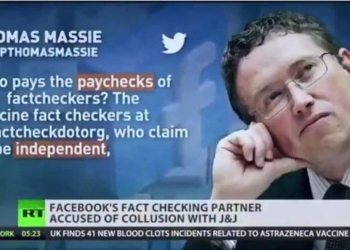
Social media is the epitome of, “It’s your party, and you can fill in the blank if you want to,” but there are still some unspoken rules about how you’re expected to navigate life in the digital age.
No matter how tempted you might be, constantly flaunting your relationship online is rarely OK, and you should avoid sharing too many selfies, pictures of your brunch, or overbearing parenting posts.
On the surface, Facebook might look like a young man’s game, but in reality, older users make up the fastest-growing demographic on the social media platform. Knowing that your parents and grandparents might be keeping tabs on what you post can certainly add another layer to social media engagement, but family connections aren’t the only things for which older Americans are using Facebook.
To get a closer look at their online activity, including political engagement, The Senior List analyzed data from Facebook Audience Insights focused on users aged 65 and older. Here’s a peek into their findings.
Older Facebook Users in America
When compared against the entire user population, the likelihood of finding younger Americans on Facebook is certainly greater than finding older users. Compared to 77% of the population between the ages of 18 and 64 with Facebook profiles, just 48% of Americans aged 65 and older could be found scrolling, liking, and sharing content on Facebook.
Still, a much higher percentage of older adults engaged with Facebook in some parts of the country. In Alaska (91%), Washington (60%), Utah (60%), and Georgia (60%), far more than half of residents aged 65 and older used Facebook.
In contrast, roughly 1 in 3 older adults in Connecticut (36%), West Virginia (34%), and Nevada (31%) could be found on the social media network, making these states home to the lowest population of older Facebook users nationwide.
Older Adults Get Political on Social Media
So, what are older Americans doing on Facebook? More than 2 in 5 (42%) were interested in politics, according to their user profiles, with political engagement highest in West Virginia (70%), Nevada (70%), and Mississippi (60%).
And while Washington had among the highest percentage of older Facebook users, just 14% were interested in engaging politically through social media.
Twenty-eight percent of Facebook users aged 65 and older leaned conservative in their political beliefs, while just 13% identified as liberal. Seniors from Southern states, including West Virginia (60%), Mississippi (53%), and Nebraska (50%), were the most likely to have conservative views, followed by Iowa and Arkansas (45% each).
Older Americans with a more liberal online sentiment were most commonly found in New York (25%), Connecticut, California, and Massachusetts (23% each).
Where Older Adults Get Their News
Compared to younger generations, older adults interact with the news differently and for different reasons. Facebook users aged 65 and older were more likely to interact with CNN (35%) and Fox News (18%) than younger users and were primarily interested in medicine (50%) and Social Security (13%).
Older adults were also 3 percentage points more likely than adults aged 64 and younger to be interested in the Second Amendment, but 2 percentage points less likely to be interested in national security.
The study also found that older Facebook users who identified as Democrats were just as interested in Joe Biden (35%) as older users who identified as Republicans were interested in Donald Trump (35%). Older Republicans on Facebook also showed interest in Ted Cruz (25%) and Mitch McConnell (23%).
The Social Senior Impact
Americans aged 65 and older may not make up the largest percentage of Facebook users, but their numbers are growing. The highest percentages of older users could be found in Alaska, Washington, Utah, and Georgia, although those weren’t the most politically active regions for older adults utilizing social media.
While many tend to lean conservative in their interests and values, Republicans and Democrats were equally as interested in Donald Trump as Joe Biden, respectively, so they might not be able to agree on everything – neither online nor during election season.














